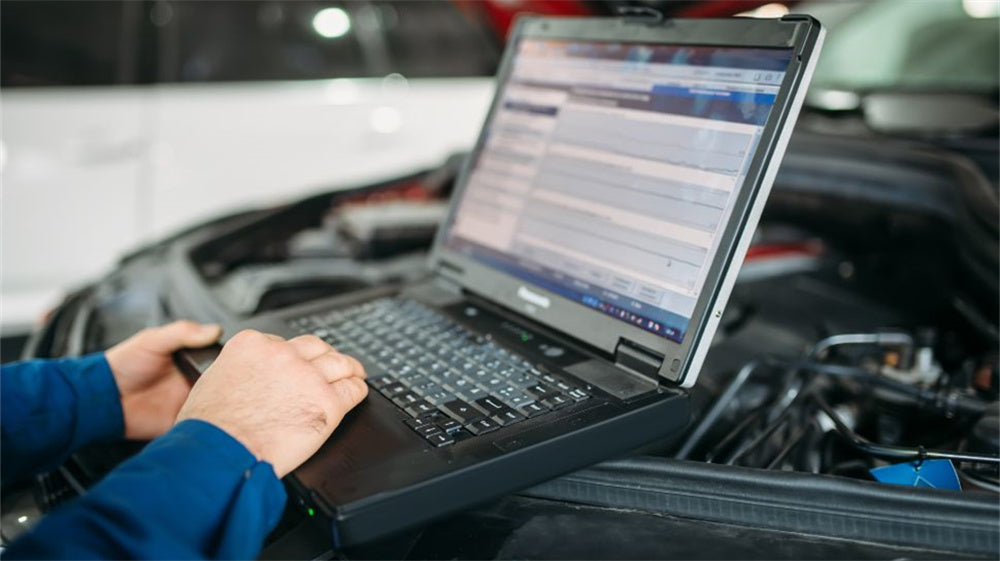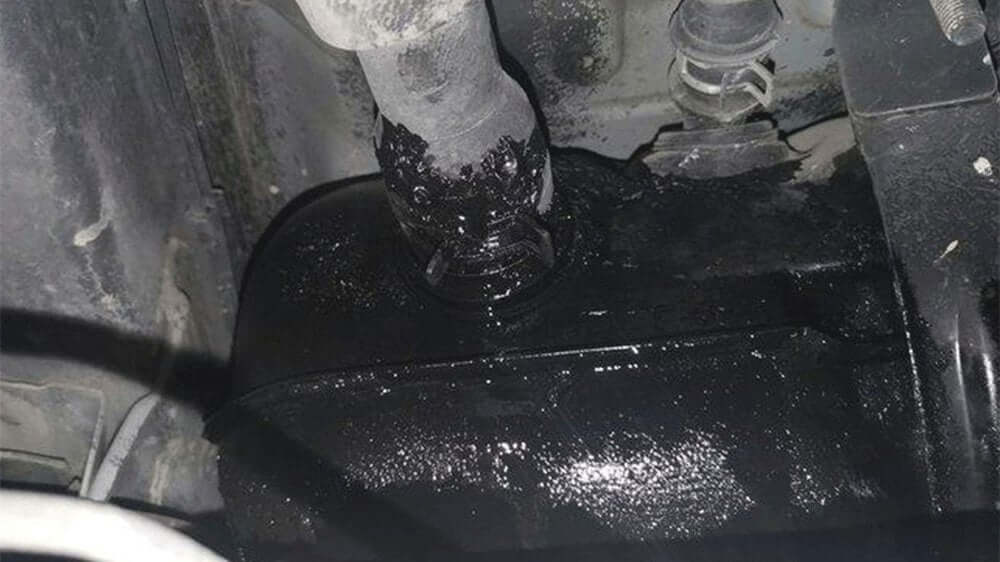
How to Maintain Your Car ECM for Best Performance
Introduction to Car ECM
The Engine Control Module (ECM) is a crucial component in modern vehicles, acting as the central brain of the engine. It is responsible for regulating engine functions to ensure optimal performance, efficiency, and compliance with emissions standards. Understanding the ECM’s role and maintaining it properly are essential for vehicle owners.

What does the ecm do in Vehicle Performance
-
Overview of the ECM (Engine Control Module): The ECM acts as the brain of the engine, processing data from various sensors and making real-time adjustments to engine functions.
-
How the ECM Interacts with Other Vehicle Systems: It communicates with components such as the fuel injection system, ignition system, and emission control systems to optimize engine performance.
-
The Impact of ECM on Overall Vehicle Performance: By fine-tuning engine parameters, the ECM enhances fuel efficiency, reduces emissions, and improves throttle response and overall driving experience.
The Importance of Regular ECM Maintenance
-
Ensuring Peak Engine Efficiency: Regular maintenance helps the ECM function correctly, which in turn ensures that the engine runs at optimal efficiency and fuel economy.
-
Preventing Costly Repairs: Addressing potential issues early can prevent severe damage and expensive repairs.
-
Maintaining Emissions Compliance: Proper ECM maintenance helps meet stringent emissions regulations, reducing environmental impact.
How Do You Test If Your ECM Is Bad
-
Using an OBD-II Scanner: Scan for trouble codes that can indicate ECM issues.
-
Visual Inspection: Check for physical damage, corrosion, or loose connections.
-
Testing Voltage and Signals: Measure the ECM’s voltage and signal outputs to ensure they are within specifications.
-
Consulting a Professional: For complex issues, seek the expertise of a professional mechanic or use specialized diagnostic equipment.

Step-by-Step Guide to Cleaning Your Car ECM
Preparing for ECM Cleaning
- Turn Off the Engine and Disconnect the Battery: Ensure safety by turning off the engine and disconnecting the battery.
- Allow the Engine to Cool: Prevent burns by waiting until the engine is cool.
- Access the ECM: Locate the ECM following the vehicle’s service manual.
Recommended Cleaning Solutions and Methods
- Choose the Right Cleaning Agents: Use non-abrasive, electronics-safe cleaners.
- Gather Necessary Tools: Prepare soft brushes, lint-free cloths, and compressed air.
Detailed Cleaning Process to Avoid Damage
- Remove the ECM: Disconnect the wiring harness and carefully remove the ECM.
- Clean the ECM: Use a soft brush and compressed air, and wipe with a lint-free cloth moistened with a recommended cleaner.
- Inspect and Dry: Look for signs of corrosion, and ensure the ECM is completely dry before reinstalling.
- Ensure Proper Sealing: Verify that seals and gaskets are intact.
- Maintain a Clean Environment: Keep the engine bay clean to reduce contamination risks.

Conclusion
Maintaining the Engine Control Module (ECM) is crucial for ensuring a vehicle’s performance, efficiency, and emissions compliance. Regular maintenance, including cleaning and diagnostic testing, helps keep the ECM functioning optimally, prevents costly repairs, and enhances the driving experience. Proper care of the ECM contributes to a more reliable and environmentally friendly vehicle.















































































